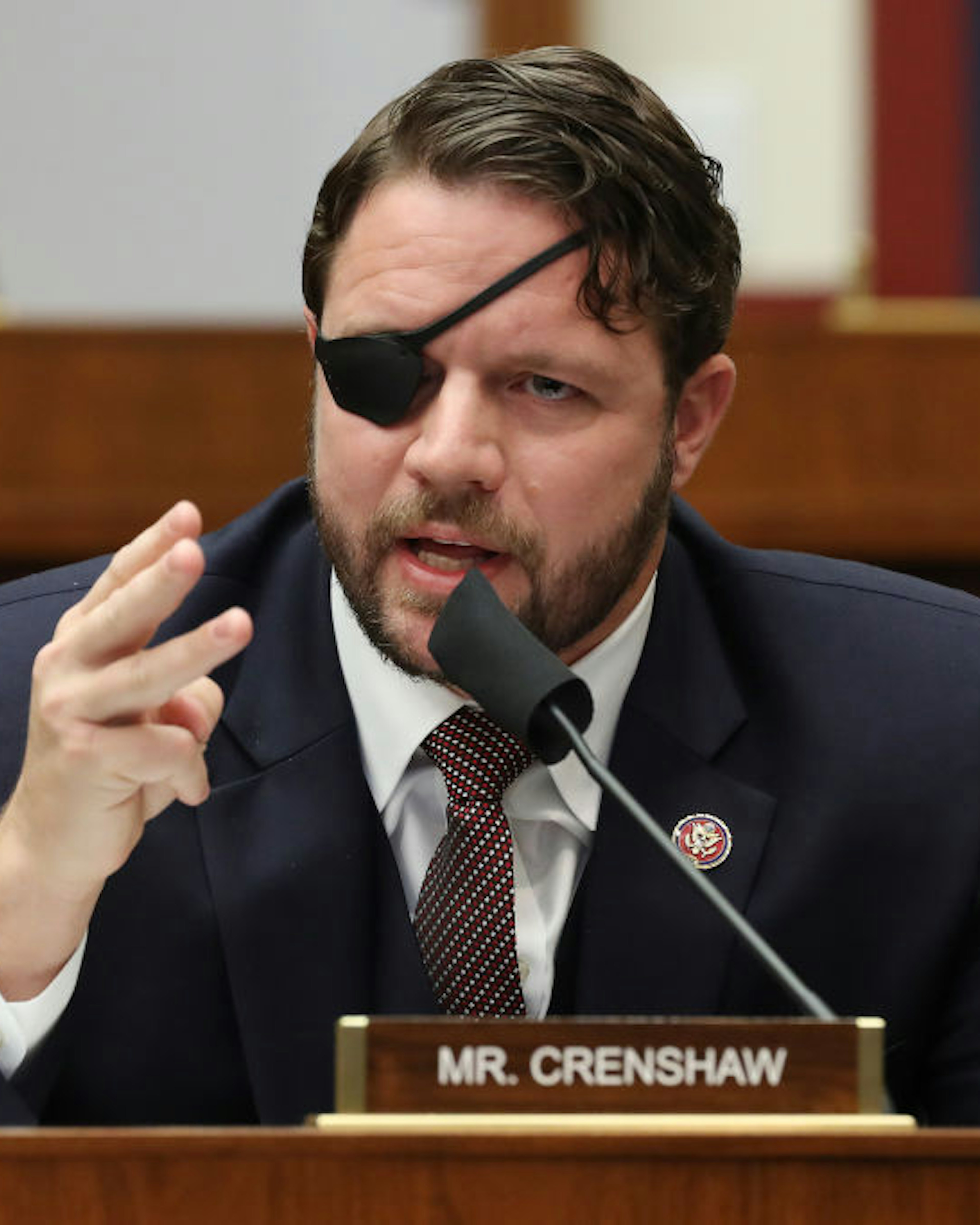We don’t agree on the virtue of free speech anymore, and that’s a problem.
Freedom of speech is a key principle of the American founding, and Americanism more broadly. It originates from the crucial insight of the Declaration of Independence, that our rights come from God, that our rights are “natural,” not derived from the benevolence of the government. Practically speaking, the free speech principle serves as a bulwark against tyranny, and as a public “pressure release valve” that effectively mitigates the feelings of resentment that a silenced people would feel. It is a defining principle both because it is right, and because societal harmony is derived from the ability of everyone to be heard.
Freedom of speech has not always been properly protected by government either. Abraham Lincoln imprisoned journalists during the Civil War. Woodrow Wilson was outwardly hostile to the Constitution, and imprisoned thousands under the Sedition Act for speaking out against the government during WWI. In these cases, it was the government which overstepped its bounds, using war as an excuse. In modern times, it is not the government attacking speech — despite the frantic and deeply disingenuous claims by the left that Trump “attacked” the press — but rather the social media oligarchy.
It’s a new problem that very few could have foreseen just decades ago. Due to their success, the vast majority of our interactions and news come from Facebook, Instagram, YouTube, and Twitter. With the flick of a switch, these companies have the power to silence whatever voice they want, and send you down whatever algorithmic rabbit hole they desire. As a society, as a human race, we are struggling with how to deal with this new way of communicating, with mixed results.
But the biggest problem of our time is this: Democrats and Republicans don’t even agree on free speech as a principle anymore. While reporters lazily observe the “bipartisan outrage at big tech,” they overlook a key point: we are mad at big tech for totally different reasons. While Republicans scold Jack Dorsey for the vague and subjective “community guidelines” that are enforced with glaring political bias, Democrats do the opposite. They demand that big tech censor more, not less.
The problem with Democrats, in my estimation, is that they are no longer the “liberals” they claim to be. Freedom of expression, after all, is a classically liberal value. But the progressive disposition has little patience for such universal values. Why? Because the goal of progressivism is progress, specifically toward utopian ends. At their core, progressives believe that such universal principles can only be tolerated to a point, that is, until they prevent the deliberate and intentional molding of public opinion that is necessary to achieve progressive ends. Those ends tend to change as the whims of the progressives change, but the disposition is the same: a prioritization of outcomes, not of principles.
A conservative is concerned with process and principles. The outcomes will be what they may, according to the conservative. Just because the same runner keeps winning the race — assuming the rules of the race are neutrally applied and fair to all — does not mean there is an injustice at play. The progressive believes there is an injustice, and is willing to change the rules of the race to achieve a more equitable outcome, even if that means suppressing core principles. In this case, free speech.
The conservative wants to protect free speech, even the messy and unpleasant kind — so long as that doesn’t obviously and objectively incite violence or criminal behavior. We understand the futility of attempting to harness the chaos of human expression. But progressives have no such humility, and no qualms about restricting speech that does not adhere to their political leanings. The levers of social media “community guidelines” are the closest progressives have come to finding a way to change the rules of the race without directly violating the First Amendment.
What we do about this cultural divide is less clear. It is difficult to compromise with political opponents who have fundamentally different goals and values than you. It should give us pause that Democrats, including Joe Biden, have also called to abolish Section 230, as Donald Trump has recently done. It should be a clue that such an action probably doesn’t meet the conservative end goal of more free speech and less censorship. Our efforts might be better focused on narrowing the scope of Section 230. Perhaps a better approach might be focused on consumer protection rights, arguing from the premise that the arbitrary and subjective nature of community guideline enforcement is a violation of the contract between the consumer and the platform. Libertarians may be right that more competition is the answer, but it is impossible to imagine a truly influential competitor gaining traction anytime soon. And to be frank, conservatives are ready for more action than just “letting the market work,” if for no other reason than a sense of cosmic justice.
It is time for a serious conversation about the right solution. Once we agree on that, we need to start making the cultural argument to the American people, especially those who have been fooled into thinking that free speech is a “weapon” meant to harm your fragile feelings and expose your delicate insecurities. As David Harsanyi writes, “a Facebook user no more ‘weaponizes’ speech than a criminal weaponizes due process.” We need to convince our next generation of this.
Free speech is a universal principle, perhaps one of our most important. We better figure out a way to protect it.
Representative Dan Crenshaw is a former Navy SEAL who serves Texas’ Second Congressional District in Congress and sits on the House Energy and Commerce Committee.
The views expressed in this opinion piece are the author’s own and do not necessarily represent those of The Daily Wire.

